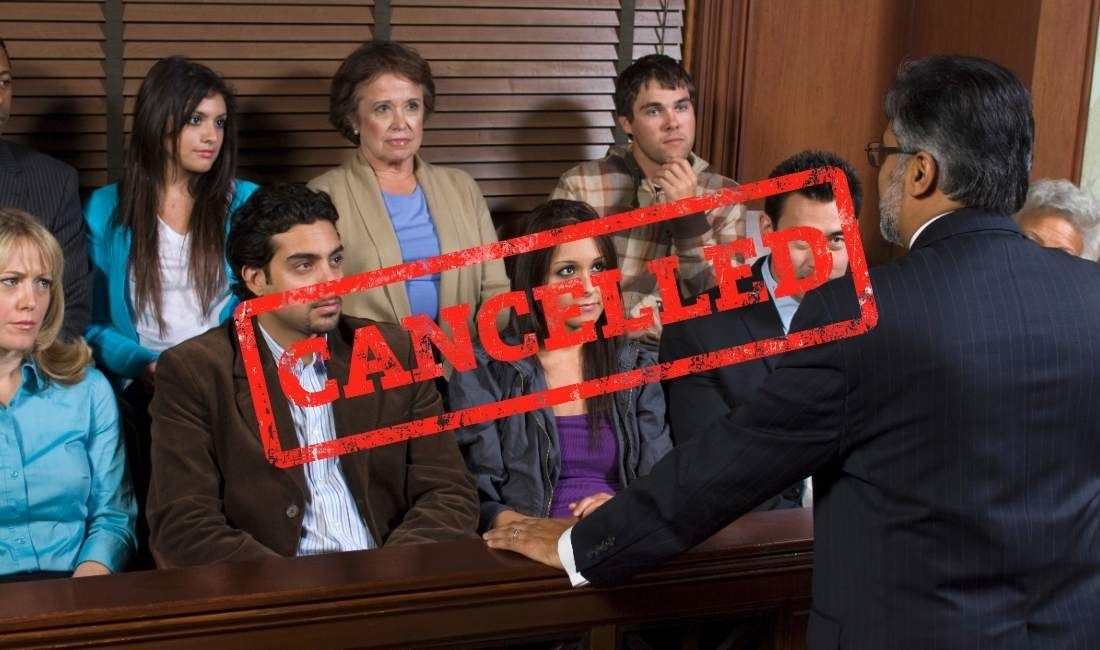Travel Disruption and Bad Weather

| W.E.U Admin | News
TAGS: Travel, Weather, Workplace
Travel disruption and bad weather can delay or prevent workers getting to work. It can also mean employers need to adapt working arrangements or close workplaces.
Paying Delayed or Absent Employees
If a worker cannot get to work because of bad weather or travel disruption, they must inform their employer as soon as possible.
There is no automatic legal right for a worker to be paid for working time missed due to travel disruption or bad weather. However, if employer-provided transport is cancelled and the worker was otherwise ready, willing and available to work, the worker should be paid for any working time missed.
Some contracts and workplace policies may include special pay arrangements for these situations. Others may be discretionary.
Paying delayed or absent workers
Paying Workers When an Employer Decides to Close
Workers who are ready, available and willing to work will usually be entitled to their normal pay if:
- The employer fully or partly closes the business
- The employer reduces working hours
- Essential staff (eg. line managers) cannot get into work
- Staff providing access to the building cannot get in
Some contracts and policies may require workers to:
- Work at the nearest accessible site
- Carry out other duties
- Work from home
In certain contracts, employers may lay off staff without pay. Anyone with employee status will usually have the right to a statutory guarantee payment. For more information see Lay offs.
Alternative Arrangements for Disrupted Work
Different employers will have different business needs during travel disruption and bad weather. Whatever options are chosen, employers should be flexible, fair and consistent.
Possible alternatives include:
- Allowing workers to start later if conditions improve
- Using flexible working to make up lost time
- Offering shift swaps or overtime to those who can get in
- Temporarily allowing homeworking
- Switching to duties that can be carried out safely
- Agreeing for workers to take paid annual leave
Alternative arrangements for disrupted work
School Closures and Other Unexpected Issues
In emergencies involving a dependent, anyone with employee status has the right to take unpaid leave. Situations may include:
- School closures leaving a child unsupervised
- Caring arrangements for a disabled relative being cancelled
- A partner being seriously injured due to bad weather
This leave is unpaid unless a contract or policy states otherwise. Employees should notify their employer as soon as possible, explaining:
- The exact issue
- Likely length of absence
- That the leave is to look after dependants
An employer and employee may agree to treat this time as annual leave so pay is not affected. Workers without employee status must negotiate arrangements with their employer.
School closures and other unexpected issues
Working Temperatures During Bad Weather
If low temperatures make it unsafe to carry out roles, employers should address the risk. They might:
- Relax dress codes to allow warmer clothing
- Permit extra breaks for hot drinks
- Provide additional heating (eg. portable heaters)
Extra care is needed for vulnerable workers (eg. pregnant staff). If a risk cannot be removed, some workers may need to be sent home on full pay to protect their health.
For further guidance, see Working temperatures or our workplace issues over winter months.
Planning Ahead to Minimise Difficulties
Employers can reduce confusion by creating a bad weather or travel disruption policy that covers:
- Contact arrangements
- Alternative working arrangements
- Pay provisions if employees cannot work
Workers should also plan ahead by considering:
- How to contact their employer if unable to attend
- Alternative travel options
- Temporary flexible hours
- Tasks feasible from home
- Urgent work cover
- Childcare arrangements if schools close
Related Articles
- Guidance on workplace issues over winter months
workersofengland.co.uk | Independent Workers Trade Union





